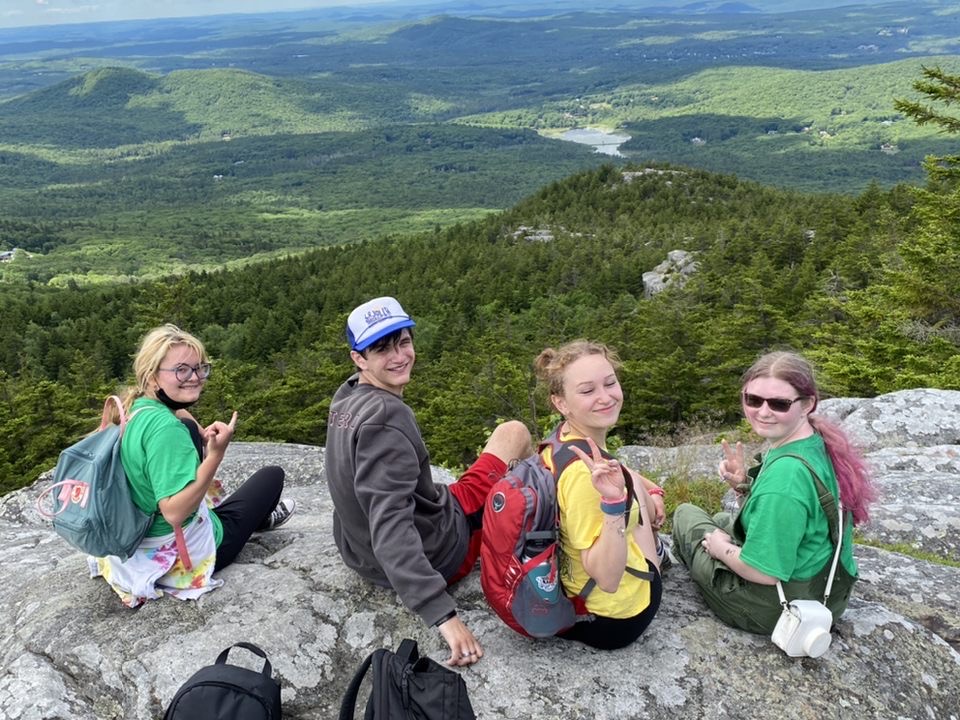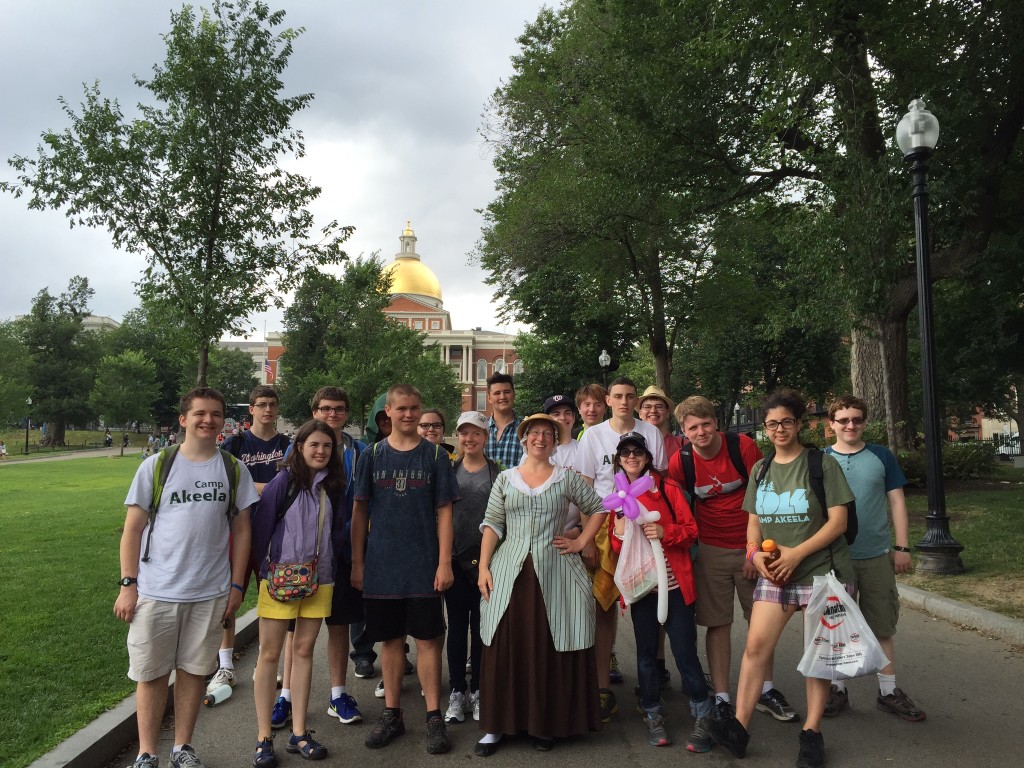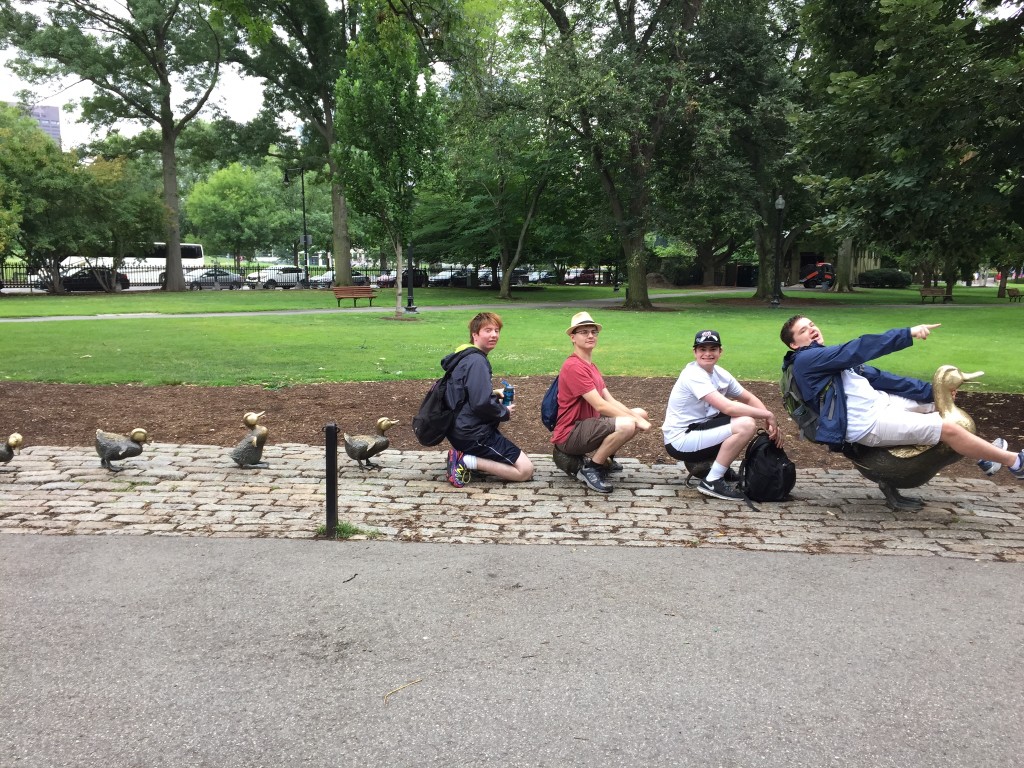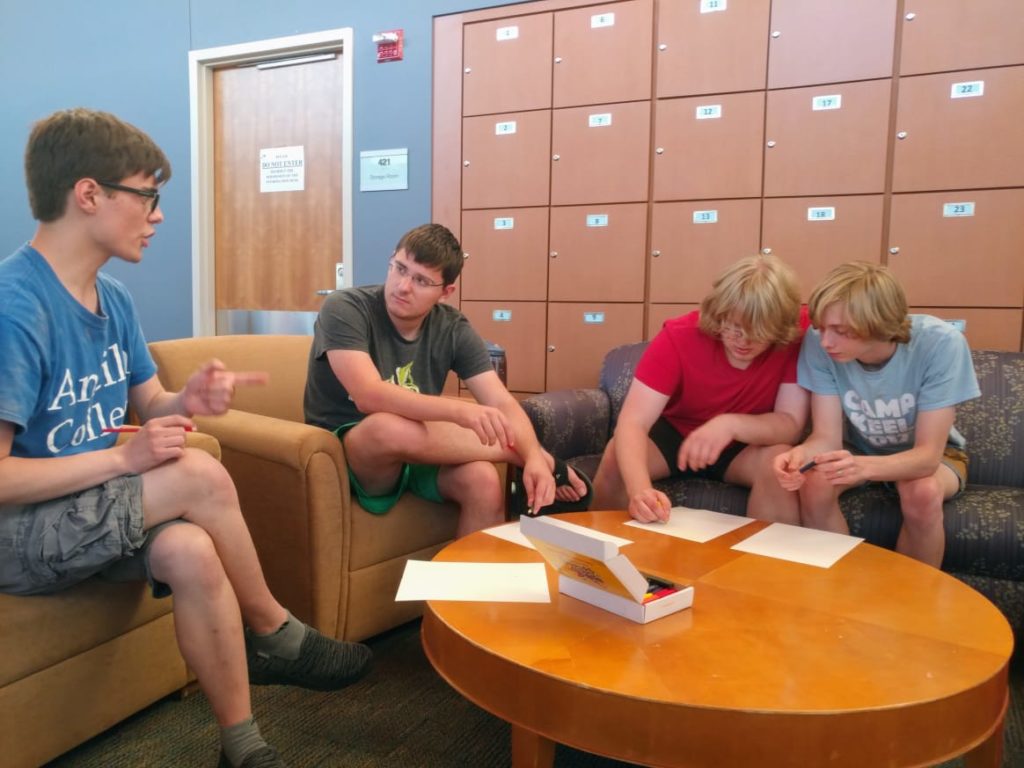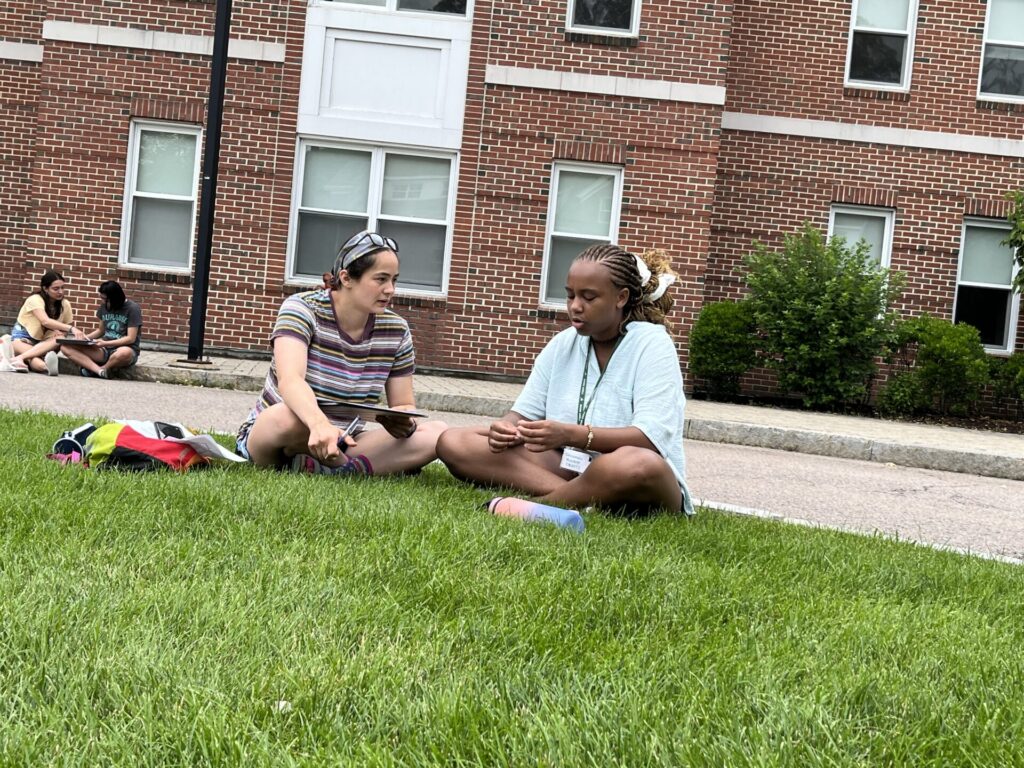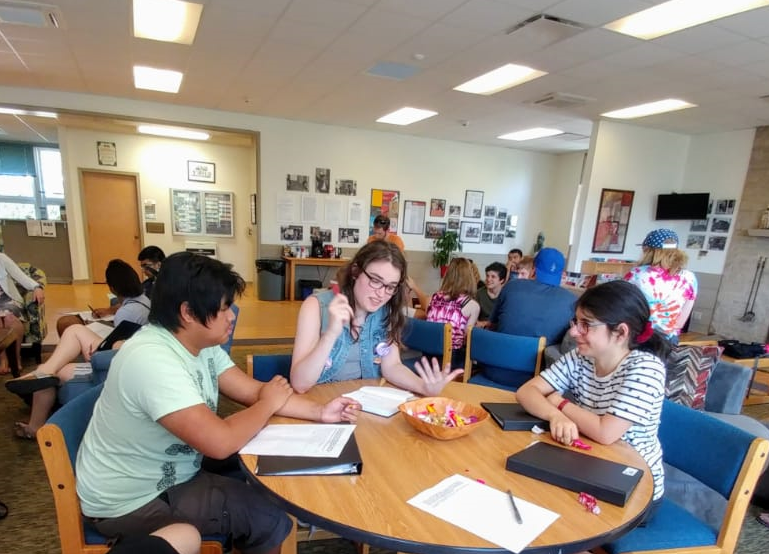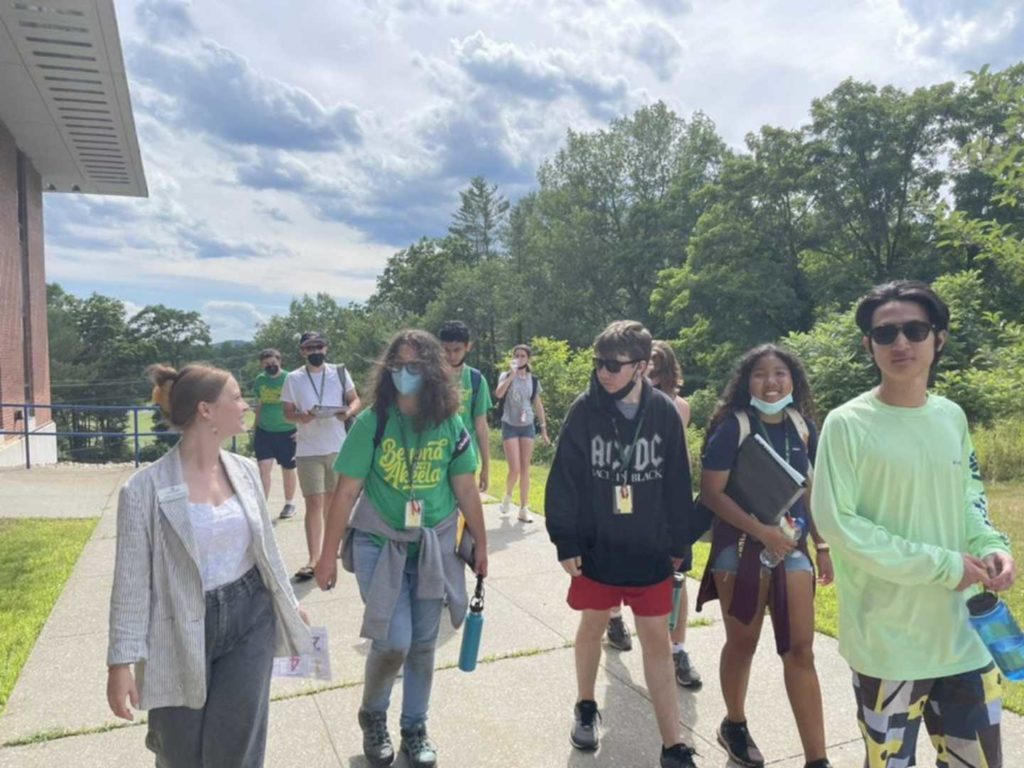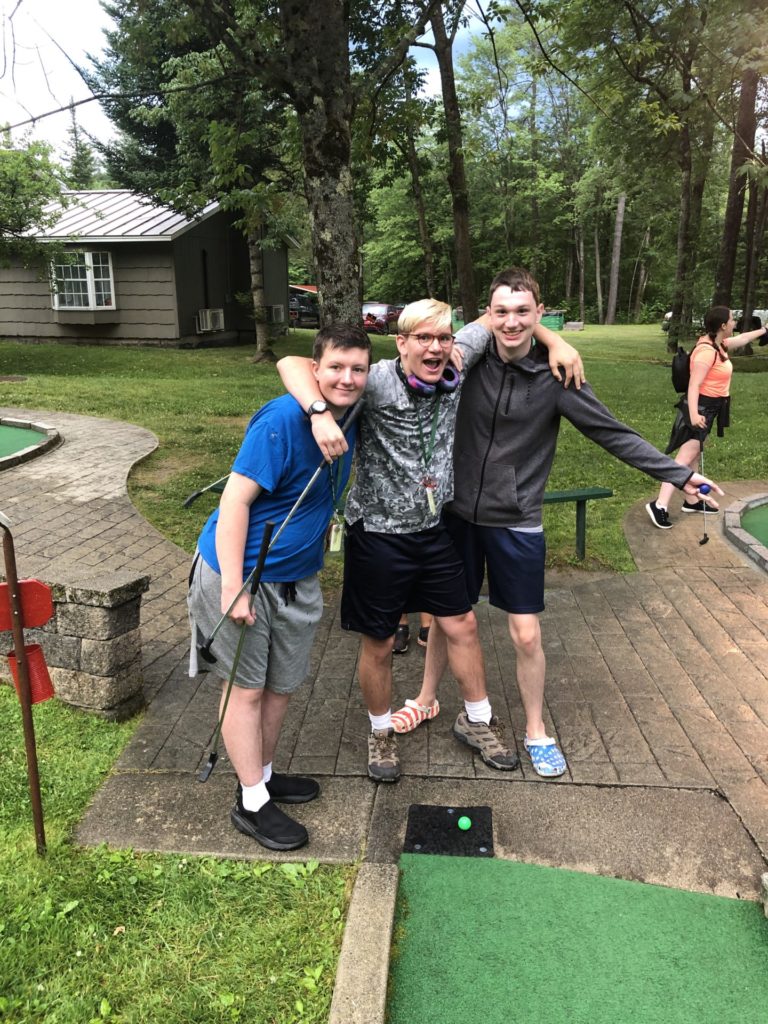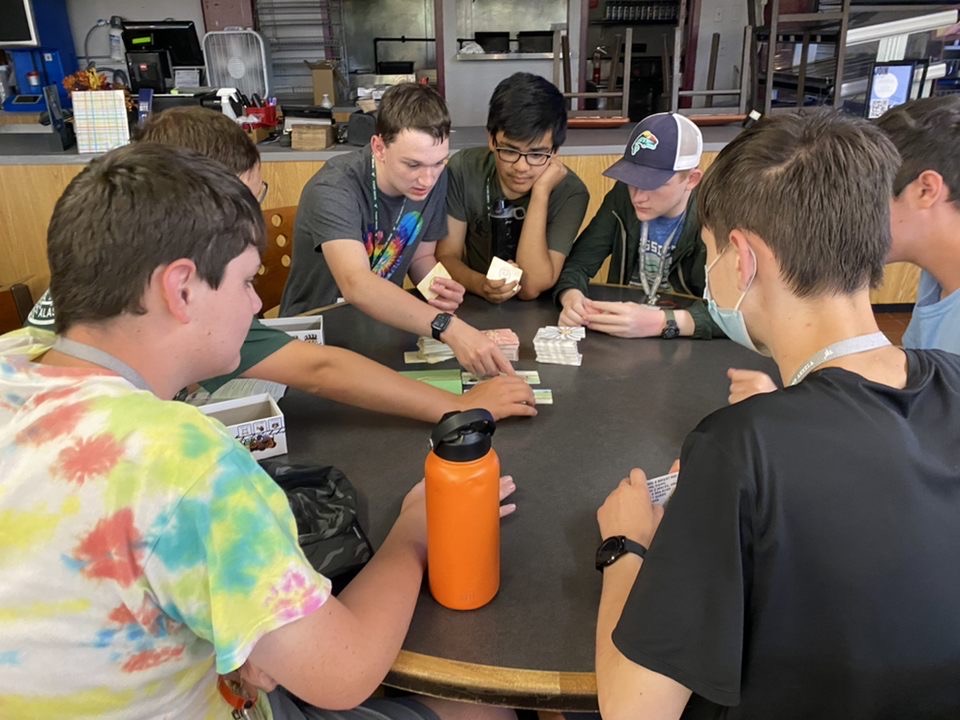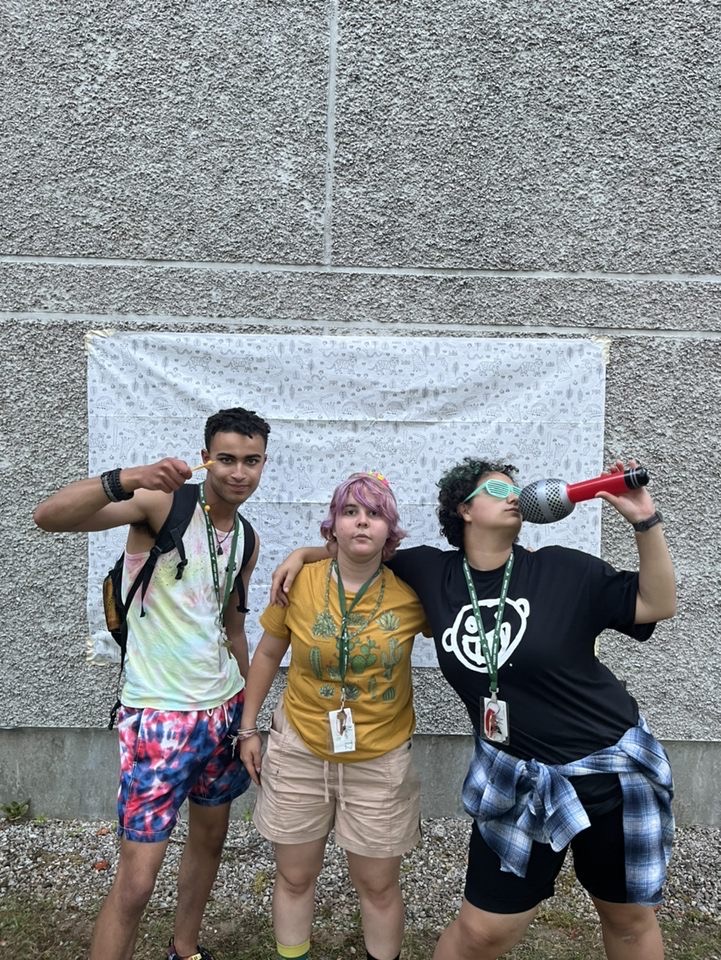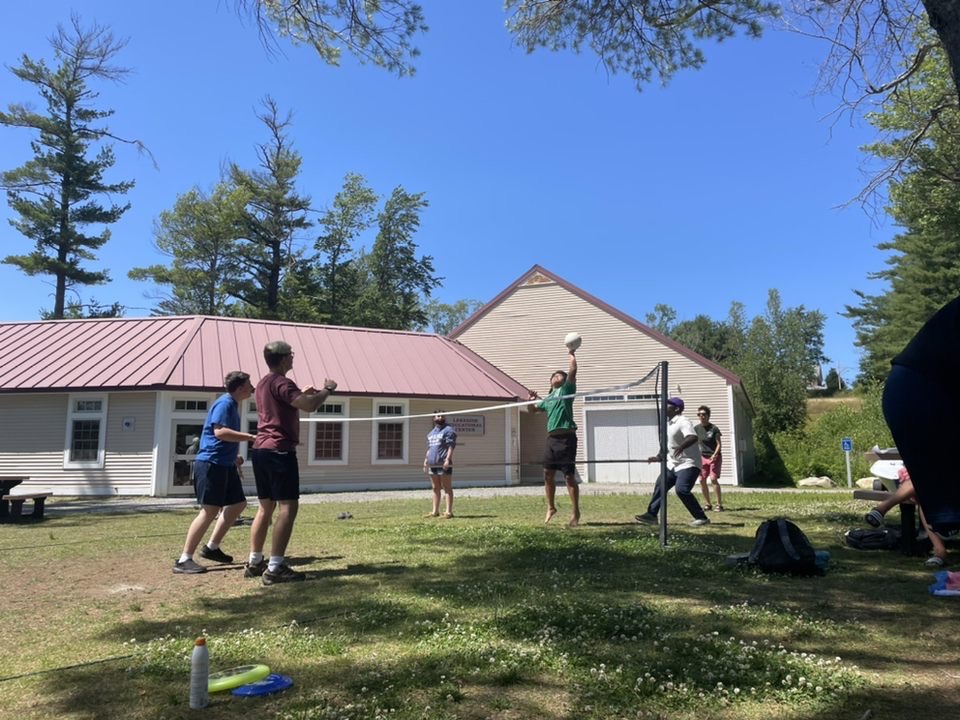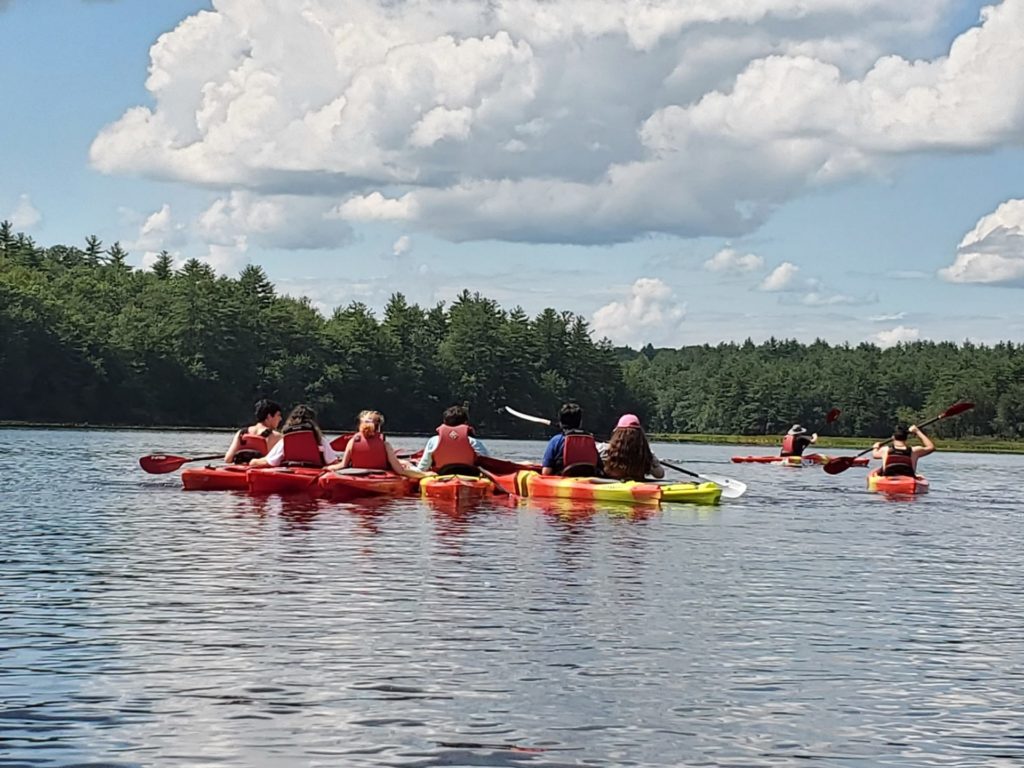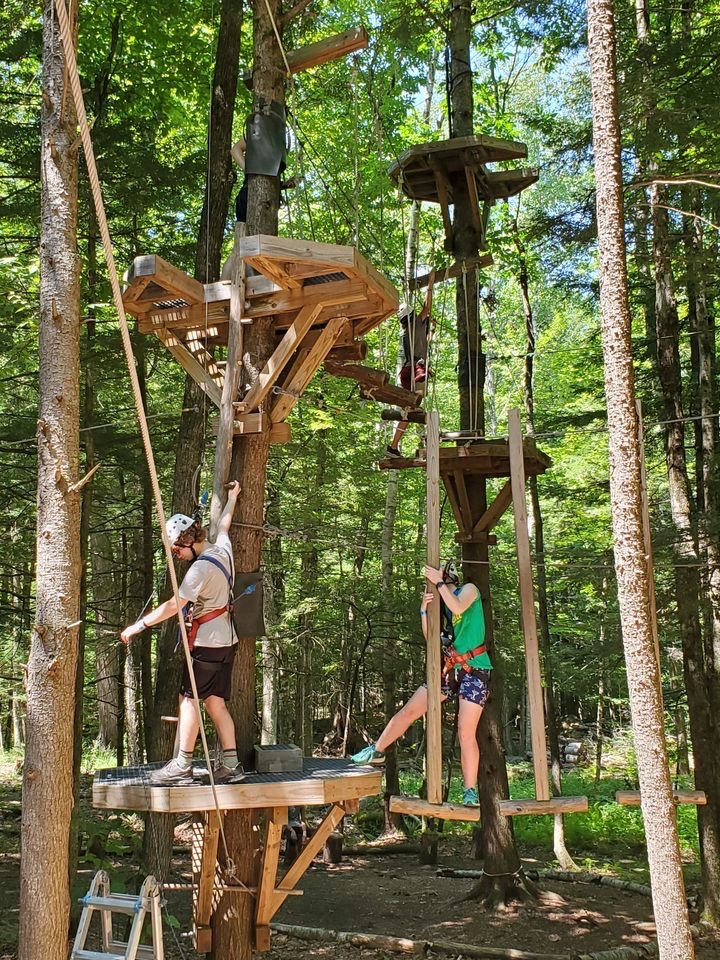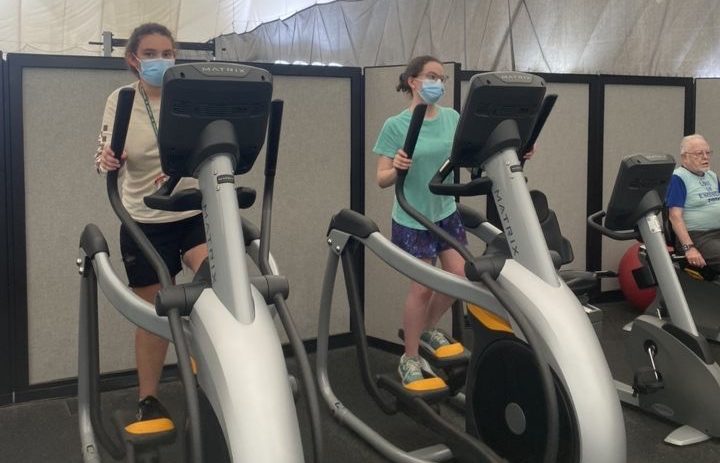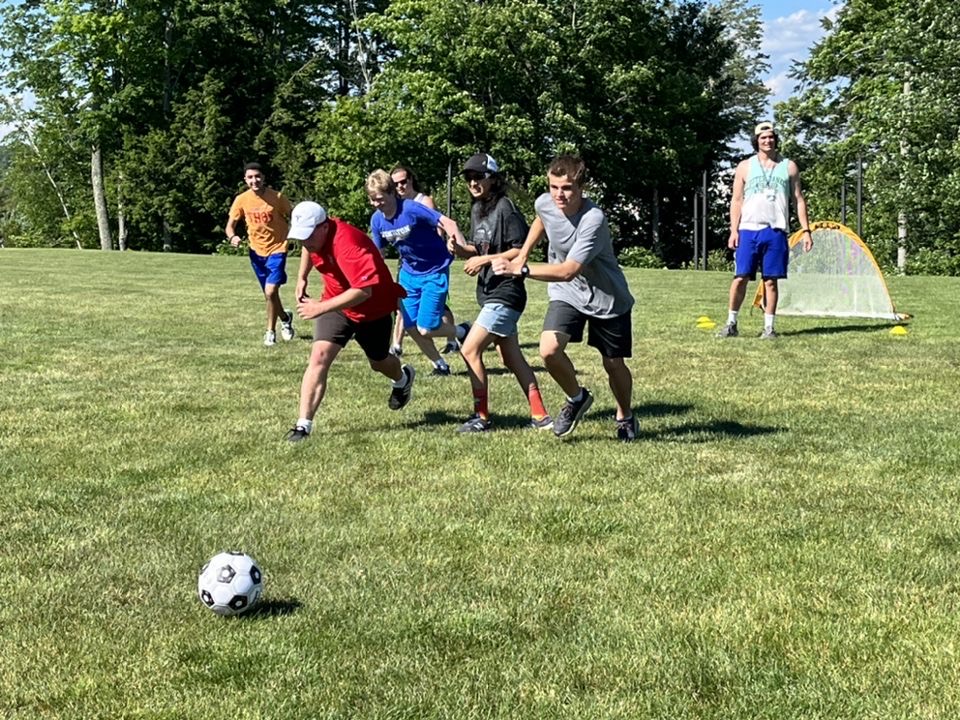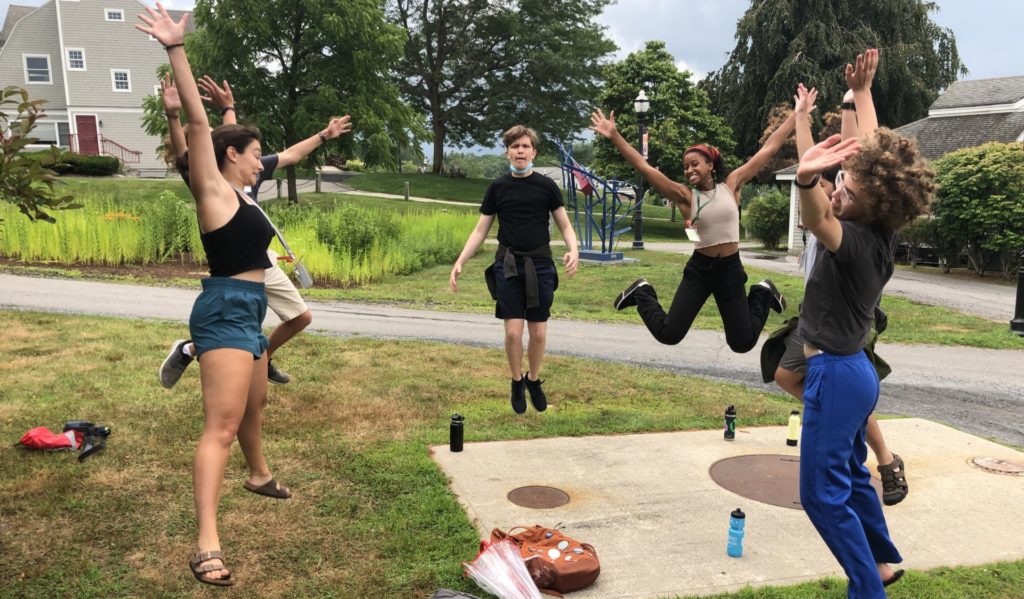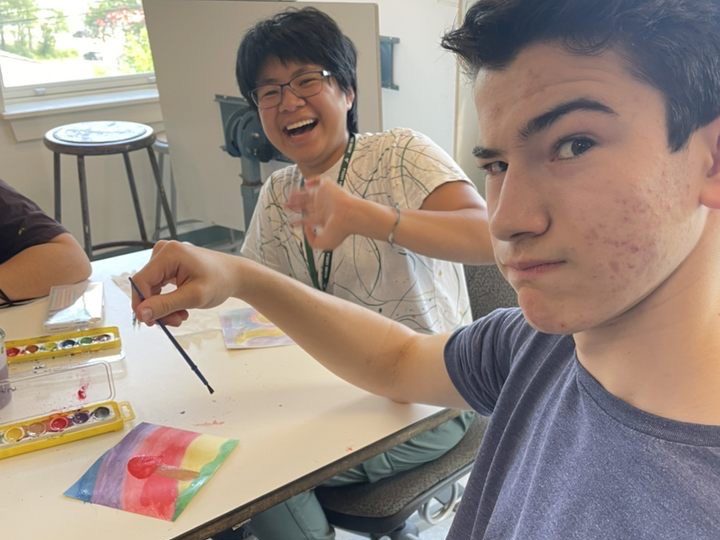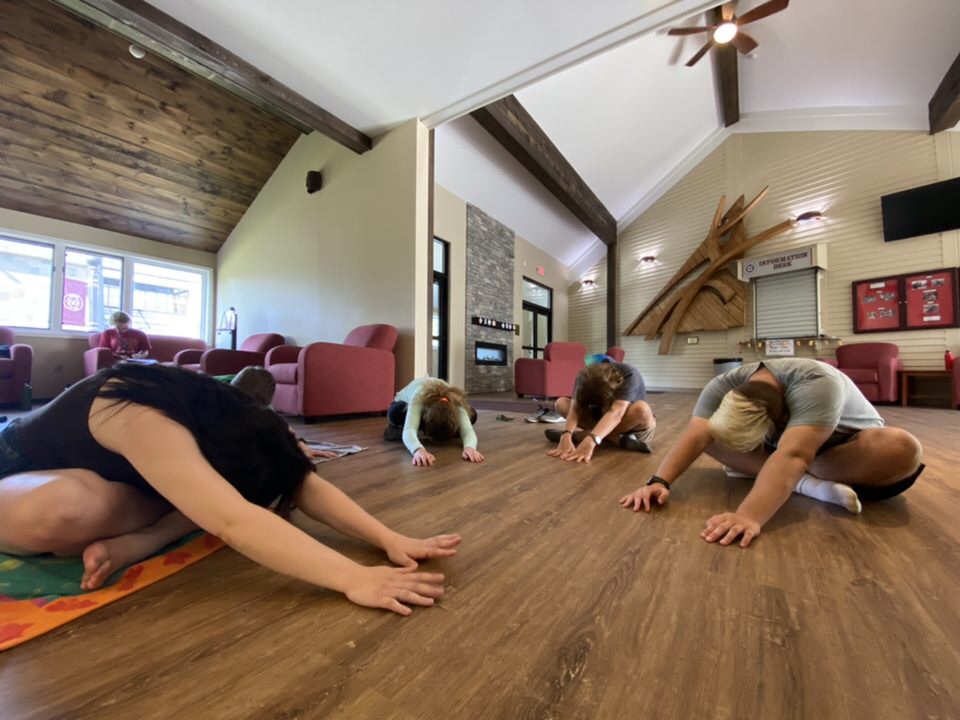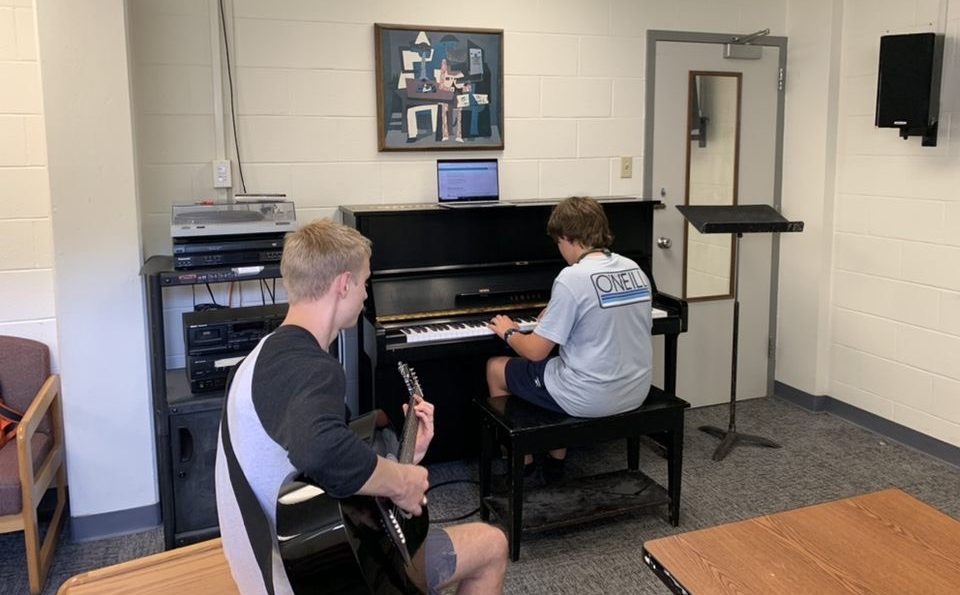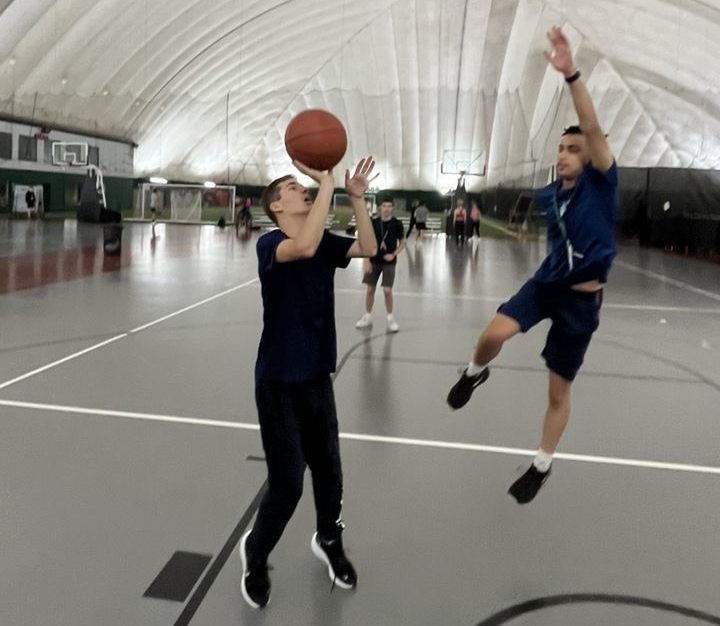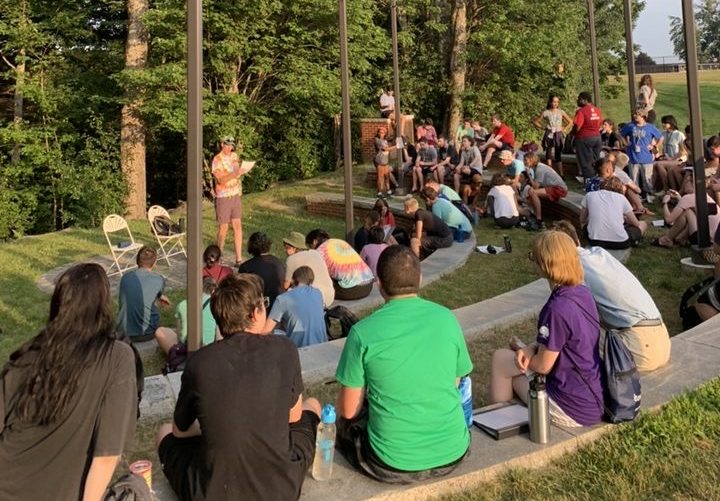Sophomore year of high school is a critical time for neurodivergent teens to start laying the foundation for a successful transition to college. While it may feel early to begin thinking about higher education, discussing and planning for the transition now can ease future challenges. Neurodivergent teens—whether navigating autism, ADHD, NVLD, or other cognitive differences—face unique considerations for the college transition. However with the right preparation, they can thrive in college.
An important, often overlooked resource in this preparation is summer programming. Summer programs provide opportunities to develop and practice valuable skills necessary for college success. The experiences teens gain in the programs build confidence neurodivergent students will leverage in their post-secondary transition. Here’s a guide to what neurodivergent teens and their families can focus on during their sophomore year, with an emphasis on how summer programs can aid in this transition.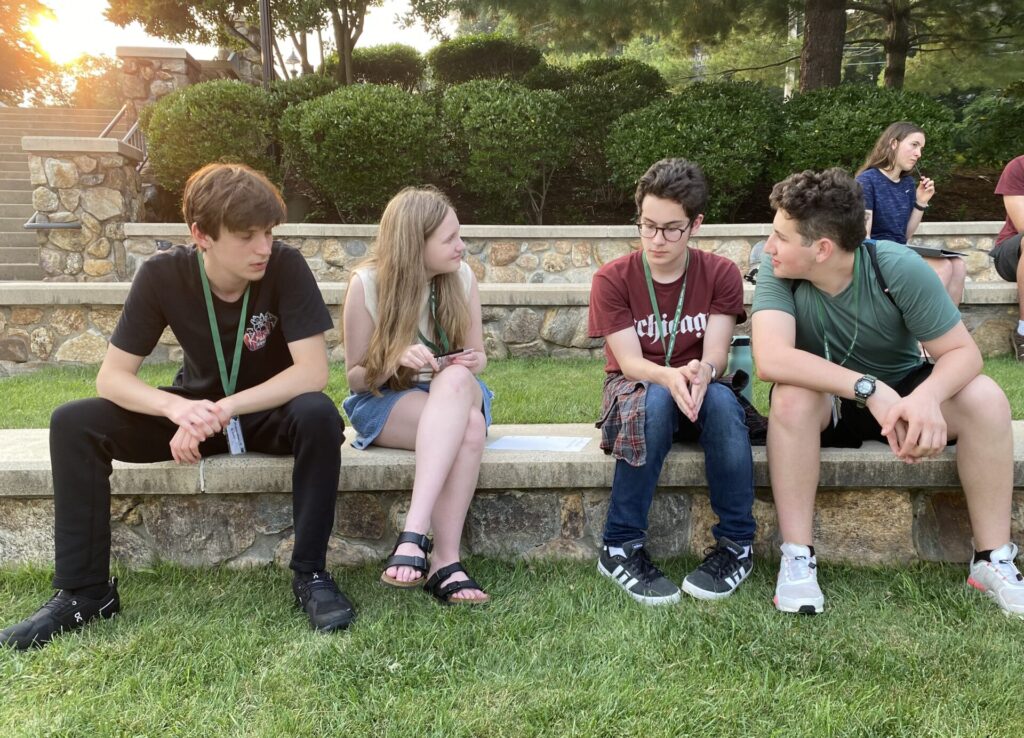
1. Understand Your Learning Style
Sophomore year is a time for neurodivergent students to dive deeper into understanding how they learn best. Whether you require more time to process information or prefer visual aids, it’s important to recognize what helps you succeed. Knowing your learning style can also help you advocate for accommodations both in high school and eventually in college. Ask yourself:
- Do I need specific tools to help me with reading, writing, or math?
- Am I more productive in a structured or flexible learning environment?
Many summer programs for neurodivergent teens, especially those focused on academic support or specific learning challenges, offer tailored approaches to learning. Attending one of these programs can help you discover new strategies for studying, organizing, and problem-solving, which you can carry into your college years.
2. Strengthen Time Management and Organizational Skills
Time management and organization are crucial skills for any high school student, but they are especially important for neurodivergent teens. Sophomore year is a great time to explore what organizational systems work best for you, whether it’s using digital tools like Google Calendar, setting alarms for transitions, or color-coding your notes. As you begin preparing for the demands of college life, mastering these systems early can make the college experience more manageable.
Summer programs can also provide an excellent opportunity to practice these skills in a real-world setting. Many summer camps and workshops for neurodivergent students focus on building executive functioning skills—like time management, task prioritization, and self-regulation. These programs often simulate a college-like environment, giving students the chance to navigate schedules and responsibilities in a supportive atmosphere.
3. Explore Interests and Career Goals
Sophomore year is a prime time to start exploring potential college majors and career paths, especially through extracurricular activities and hobbies. Take part in clubs, attend workshops, or volunteer in areas that excite you. Additionally, many summer programs offer career exploration tracks, helping neurodivergent teens test out their interests in a more in-depth manner.
For example, some programs focus on STEM subjects, arts, business, or even social justice. These experiences can not only help you identify future college majors but also provide you with experiences to include in your college applications.
4. Research Colleges with Appropriate Support Services
Finding the right college with the right type support for your learning and living needs is an important part of your transition. During sophomore year, start researching schools that provide academic, organizational, and social support/resources like assistive technology, tutoring, and peer mentoring programs. It’s also helpful to look into colleges that have strong disability resource centers.
Summer programs designed for neurodivergent students may also introduce you to different college environments. Some universities host summer camps or academic programs specifically for neurodivergent teens, giving you a firsthand look at how certain colleges support their students. These programs often allow you to experience living on campus, managing your own time, and even interacting with academic support services, all while in a low-stakes environment.
5. Develop Self-Advocacy Skills
Self-advocacy is one of the most important skills neurodivergent teens can develop, and sophomore year is the perfect time to begin practicing. Learning to communicate your needs—whether for academic, social, or self-regulation reasons—will help you transition smoothly to college. College will present challenges in all these areas, and you’ll need to be comfortable advocating for your needs when you encounter them. Whether that’s with a friend, residential advisor, or faculty/staff member, strong self-awareness and advocacy skills will go a long way in helping you navigate challenging situations in college.
Summer programs can serve as a great space to practice these skills. Many offer workshops or mentoring sessions focused on self-advocacy, teaching students how to navigate conversations about their needs in academic and social settings. Whether it’s learning how to request accommodations or understanding your rights under the Americans with Disabilities Act (ADA), summer programs can provide invaluable guidance.
6. Engage in Summer Programming for Neurodivergent Teens
One of the best ways neurodivergent teens can prepare for college during sophomore year is by attending summer programs designed specifically for their needs. These programs often focus on building the academic, social, and life skills that are essential for college success. Summer programs can include:
- Pre-college programs: Some universities offer programs tailored to neurodivergent students, giving them a taste of what college life will be like. These can include staying in dorms, attending classes, and navigating campus life in a supported environment.
- Social skills camps: For neurodivergent teens building confidence in their social interactions, specialized summer camps can provide targeted skill-building in communication, relationship-building, and self-regulation.
- Executive functioning workshops: Focused on time management, organization, and study skills, these programs help students develop the skills they’ll need to juggle the many demands of college.
By participating in these summer experiences, you can build confidence and learn how to navigate the challenges of independent living in a college environment. Plus, these programs often connect you with other neurodivergent students, helping you build a community of peers who understand and support your journey.
7. Focus on Mental Health and Self-Care
Mental health is critical for neurodivergent students, especially when preparing for the challenges of transitioning to college. Developing coping strategies, such as mindfulness, exercise, and setting boundaries, is key. Sophomore year is a good time to explore what mental health practices work best for you.
Some summer programs also include wellness activities designed to help neurodivergent teens manage stress and build resilience. These programs may integrate mindfulness exercises, yoga, or workshops on self-care and emotional regulation. Learning these skills early will help ensure that you’re mentally prepared for the challenges and opportunities that come with college life.
Conclusion
Sophomore year is an ideal time for neurodivergent teens to start preparing for the college transition, and summer programs can be an incredibly valuable resource in this journey. By focusing on understanding your learning style, developing organizational and self-advocacy skills, exploring career interests, and engaging in specialized summer programs, you can build a strong foundation for success in higher education.



